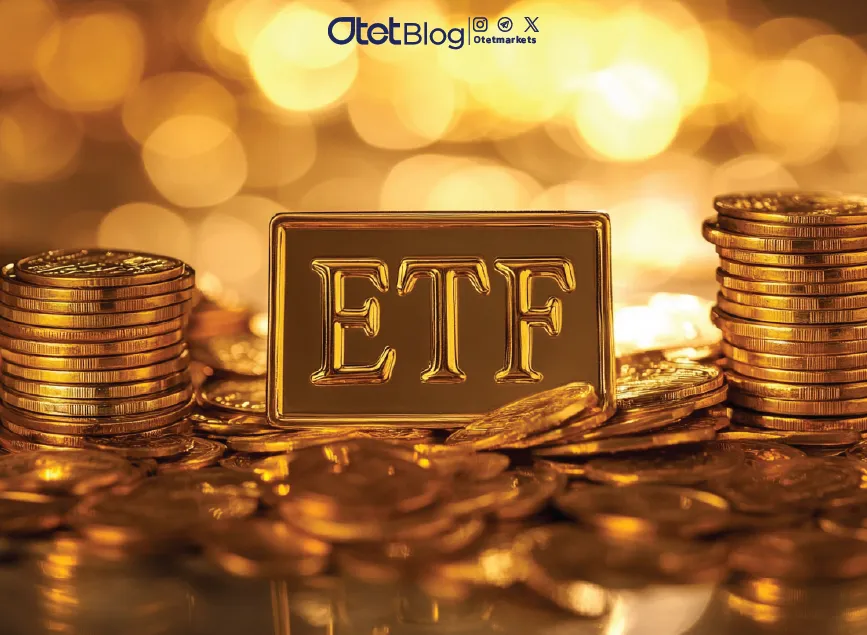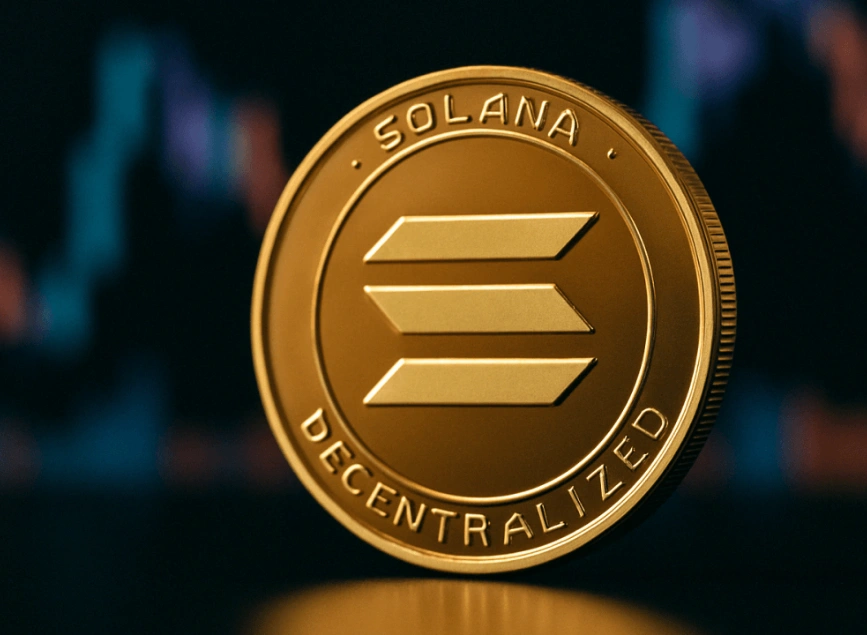
What Are Bitcoin and Ethereum ETFs, and How Do They Work?
Estimated reading time: 3 minutes
In a previous article, we thoroughly explained what ETFs (Exchange-Traded Funds) are and how they can simplify access to diverse assets for investors. In this Article, we’ll delve into Bitcoin and Ethereum ETFs, the differences between spot ETFs and futures ETFs, as well as the advantages and risks associated with them.
What are ETFs?
ETFs are financial instruments that typically track the performance of an underlying asset such as stocks, commodities, or cryptocurrencies like Bitcoin and Ethereum. These funds can consist of a single asset or a mix of various assets and are traded on the U.S. stock market like shares. The primary aim of ETFs is to provide traders with access to underlying assets at lower costs and greater flexibility.
Since ETFs are traded on exchanges, investors can buy and sell ETF shares easily during market hours. This provides higher liquidity and more flexibility compared to traditional mutual funds. Moreover, ETFs allow investors to diversify their portfolios at a lower cost while following passive investment strategies.
Read More :Bitcoin ETF Options Trading Begins: A New Era for Crypto Investment
Bitcoin ETFs
A Bitcoin ETF is an exchange-traded fund whose value is tied to the price of Bitcoin. These funds enable investors to gain exposure to Bitcoin without the need to buy the cryptocurrency directly or deal with technical complexities like storage and security. Currently, there are two types of cryptocurrency ETFs in the U.S.: spot ETFs and futures ETFs.
Ethereum ETFs
Similarly, an Ethereum ETF allows investors to participate in the price fluctuations of Ethereum (ETH) without directly purchasing it or managing a digital wallet. These funds function like traditional ETFs, with shares traded on the stock market, enabling investors to easily participate in the Ethereum market without worrying about technical complexities. However, some Ethereum ETFs are regulated financial products available only in jurisdictions where they are approved by regulatory authorities.
Benefits of Bitcoin and Ethereum ETFs
The advantages of these ETFs can be summarized as follows:
- Simplified and Legal Access: They provide traditional investors with a straightforward and regulated way to enter the cryptocurrency market.
- Increased Liquidity and Institutional Participation: These ETFs bring more liquidity to the market and encourage institutional investors to participate.
- Market Stability: They may contribute to market stability and reduce volatility.
- Greater Acceptance and Legitimacy: Spot Bitcoin and Ethereum ETFs help integrate cryptocurrencies into traditional financial systems, increasing their acceptance and legitimacy.
Read More: Investing Made Simple: A Comprehensive Guide to ETFs
Risks Associated with Bitcoin and Ethereum ETFs
However, these ETFs are not without risks. One of the main risks is the high dependency of ETF share prices on the volatility of Bitcoin and Ethereum prices. If Bitcoin or Ethereum prices fluctuate significantly, ETF share values will be similarly impacted. Additionally, ETF shares may deviate from the actual value of the underlying assets, sometimes trading at a discount or premium.
Differences Between Spot and Futures ETFs
The distinction between spot and futures ETFs is noteworthy:
- Spot ETFs: These funds directly purchase and hold actual Bitcoin or Ethereum.
- Futures ETFs: These funds use futures contracts to track the price of the assets. Futures contracts have expiration dates and may not always align with the spot market price.
In terms of risk, spot ETFs are more affected by the actual price movements of the asset, while futures ETFs are influenced by futures contract volatility and potential liquidity issues.
Conclusion
Bitcoin and Ethereum ETFs serve as a bridge between traditional markets and the cryptocurrency world. These tools allow investors to access the crypto market transparently and securely through familiar financial platforms. However, understanding the differences, risks, and features of each type of ETF is crucial for successful investing.
Share
Hot topics

Trading with price action
When they start, most traders will believe that they must discover the ideal indicator for success. At otet markets, we see this every day.They test a variety of indicators, including...
Read more




Submit comment
Your email address will not be published. Required fields are marked *